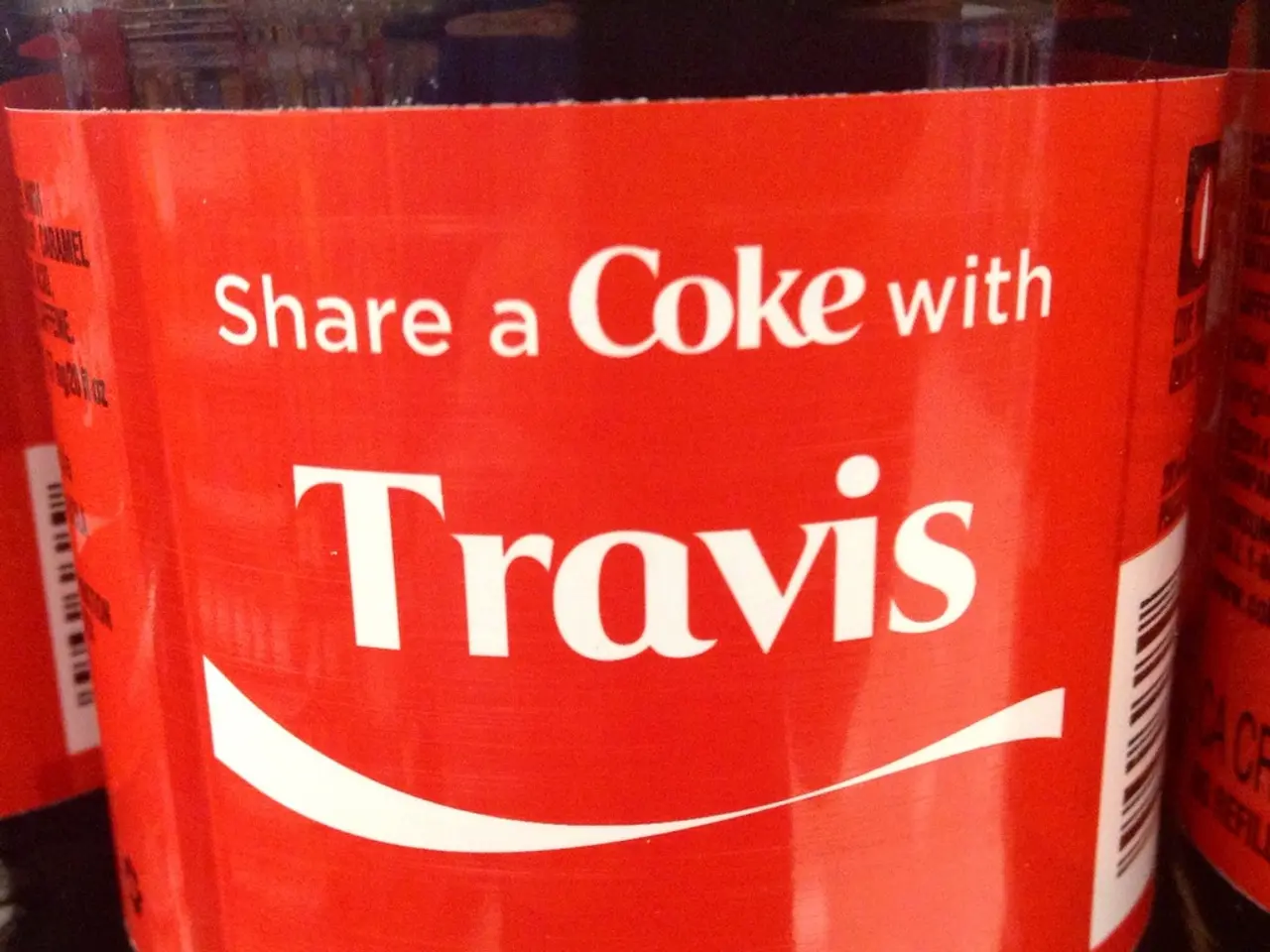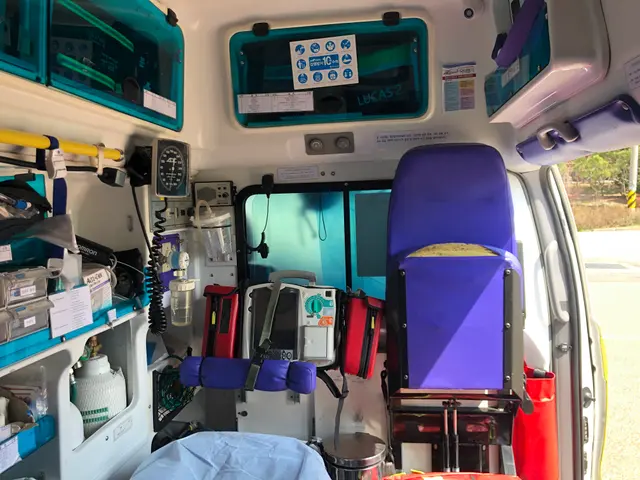Twelve-Step Method Origin, Functions, and Additional Information Unveiled
In the realm of addiction recovery, two prominent approaches stand out: the 12-step program and Cognitive Behavioral Therapy (CBT).
The 12-step program is a strategy designed to help individuals recover from alcohol use disorder, substance use disorder, and other forms of addiction. These programs, such as Alcoholics Anonymous (AA), Narcotics Anonymous (NA), Cocaine Anonymous, and others, offer spiritual and peer support, encouraging active participation in recovery through principles like acceptance, surrender, self-examination, making amends, and ongoing personal maintenance.
On the other hand, Cognitive Behavioral Therapy (CBT) is a structured, evidence-based psychotherapy that focuses on identifying and changing negative thought patterns and behaviors. It is extensively validated for a broad array of mental health conditions, including addiction. CBT teaches practical skills like coping with cravings, emotion regulation, and relapse prevention, typically within a shorter, time-limited framework.
While both approaches offer benefits, they differ significantly in their focus and approach. 12-step programs, being group-based and peer-led, foster long-term peer support and spiritual growth, supporting sustained recovery, especially in addiction populations. However, they may be less directly focused on specific cognitive or behavioral skills. Conversely, CBT, led by therapists, offers a more targeted, evidence-based therapeutic intervention with better documented effectiveness on specific symptom reduction.
Research supports CBT as a highly effective, skill-based therapy, while 12-step programs typically complement formal treatments by offering peer support and a philosophy of recovery that can reinforce behavioral health changes. In practice, many treatment plans integrate both approaches, using CBT to develop cognitive and behavioral skills, alongside 12-step groups for social support and ongoing peer-driven recovery.
It's important to note that no direct head-to-head clinical trial evidence conclusively ranks 12-Step programs versus CBT for mental health disorders. However, the medium length of abstinence among AA and NA members is longer than 5 years, suggesting the programs' effectiveness.
For those who find the religious or spiritual aspects of 12-step programs uncomfortable, alternatives like SMART Recovery, LOOSID, and LifeRing Secular Recovery exist. The Substance Abuse and Mental Health Services Administration (SAMHSA) also offers a free 24-7 helpline for people with substance use disorders or mental health conditions.
The first 12-step program, Alcoholics Anonymous (AA), was established in 1935 by Bob Smith and Bill Wilson. Today, AA has almost 2 million members worldwide, with over 1.2 million in the United States. Despite criticisms regarding inflexibility and marginalization, the effectiveness of these programs is linked to the fellowship or social benefit they provide, as well as the bonding among group members.
In conclusion, while 12-Step programs provide valuable peer support and spiritual elements, CBT offers a more targeted, evidence-based therapeutic intervention for mental health and addiction, with better documented effectiveness on specific symptom reduction. Combining both can be a comprehensive approach in many recovery settings. If you or someone close to you shows signs of addiction, immediate help and advice can be sought from SAMHSA or the 988 Suicide & Crisis Lifeline.
Addiction recovery programs, such as Alcoholics Anonymous (AA), implement principles that target self-examination, acceptance, and ongoing personal maintenance, focusing on spiritual and peer support to aid individuals in overcoming alcohol use disorder and other addictions.
In contrast, science-backed Cognitive Behavioral Therapy (CBT) emphasizes identifying and altering negative thought patterns and behaviors, teaching practical skills like coping with cravings, emotion regulation, and relapse prevention, typically in a time-limited framework, offering a more targeted, evidence-based therapeutic intervention for mental health conditions, including addiction.




